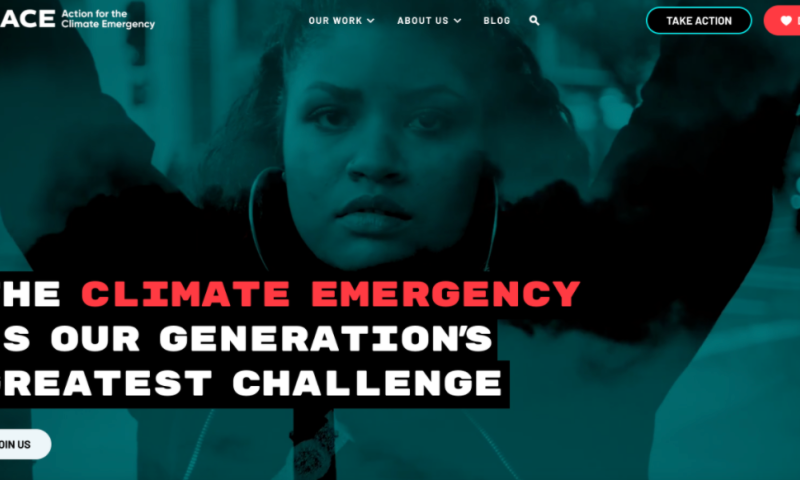Hey {{ FirstName | default: 'Friend' }},
In the wake of the most recent IPCC report, so many of us are driven by an acute sense of urgency, of a need for solutions now. It's important to remember that our solutions must be generated and led by the communities most affected. Youth, QTBIPOC, and low-income and working class communities feel the most severe impacts of ecological devastation, as we are witnessing right now with the disastrous effects of Hurricane Ida in Southeast Louisiana.
Racist and anti-Black policies force an unequal ecological burden on these communities while they receive little benefit from the industries causing the harm. Conservation efforts themselves are often racist and colonial, creating narratives around "urban" and "wild" environments and deciding what is deemed "worth saving." The myth that urban spaces are removed from the natural world and that nature is fundamentally separate from humanity perpetuates systems of exploitation. If we only view "untouched wilderness" as worthy of conservation we leave most of the world open to ecological abuse and devastation. These racist, colonial ideologies deem urban— often racialized— bodies and lands as less worthy of protection, while violently removing and erasing Indigenous bodies and histories from so-called "untouched" territories in the name of conservation. Environmental justice is not possible if we operate as if nature and urban spaces are not intertwined. Extreme climate events like Hurricane Ida are only going to increase. Radical ecology is the only way we adapt and survive. Decentering human-supremacist ideas of ecology and honoring the connection between the urban and the natural world is vital to bringing climate justice to all.
Keep reading to find a list of direct mutual aid asks from folks on the ground in Louisiana.
Tókša aké,
Sasha Irby, Convergence Coordinator at Power Shift Network
